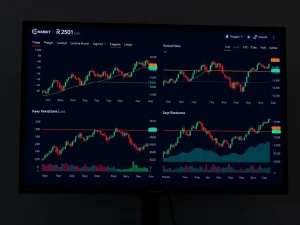South Korea moves to delay crypto tax until 2028 amid market concerns

[ad_1]

South Korean lawmakers have proposed a bill to delay the implementation of crypto gain tax until 2028.
The ruling political party proposed the bill on July 12, citing the current negative sentiments around the crypto industry as the reason for the extension. They stated:
“With investment sentiment toward virtual assets deteriorating, some argue that hasty taxation of virtual assets is not desirable right now, as virtual assets are high-risk assets with a higher risk of loss than stocks, and if income tax is also imposed, most investors are expected to leave the market.”
Initially, South Korea planned to implement its crypto gain tax on January 1, 2025. However, if the new bill is passed, the implementation date will shift to January 1, 2028. The sub-committee met on July 15 to continue the review.
The move aligns with President Yoon Suk-yeol’s campaign promises. He assured voters he would extend the crypto gains tax during the last general election if elected. His administration aims to create a clear regulatory framework before implementing the tax.
However, the Ministry of Economy and Finance has not decided on the delay. The ministry plans to announce new tax policy amendments by the end of the month.
“No decision has been made regarding whether to further postpone the implementation of virtual asset income taxation,” a ministry spokesperson said.
South Korea’s thriving crypto industry
South Korea has one of the fastest-growing adoptions of the emerging industry globally.
During the first quarter of this year, blockchain platform Kaiko reported that the Asian country’s national currency, Won, emerged as the leading currency for global crypto trades, with a cumulative trade volume of $456 billion on centralized exchanges.
Furthermore, the Asian country is a shining light for its proactive approach to crypto regulation. South Korea has implemented several rules designed to enhance consumer protection standards for crypto users within its jurisdiction.
[ad_2]
Source link










